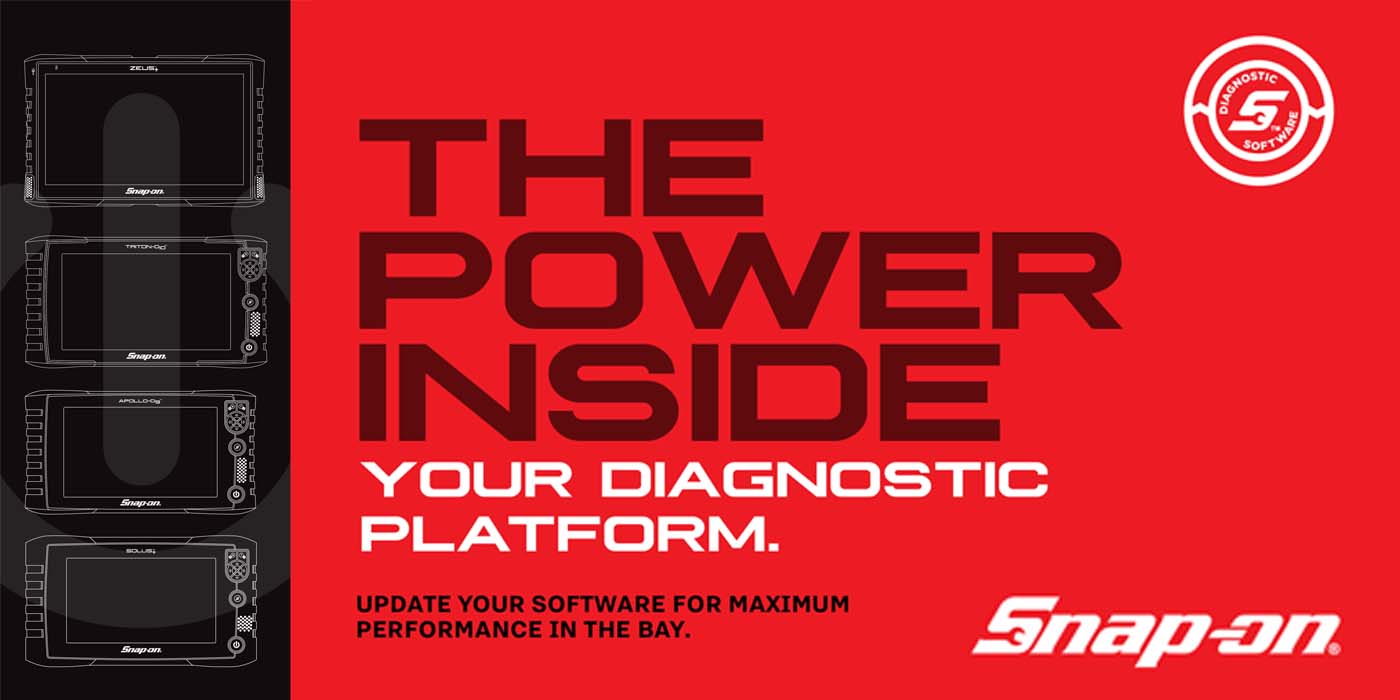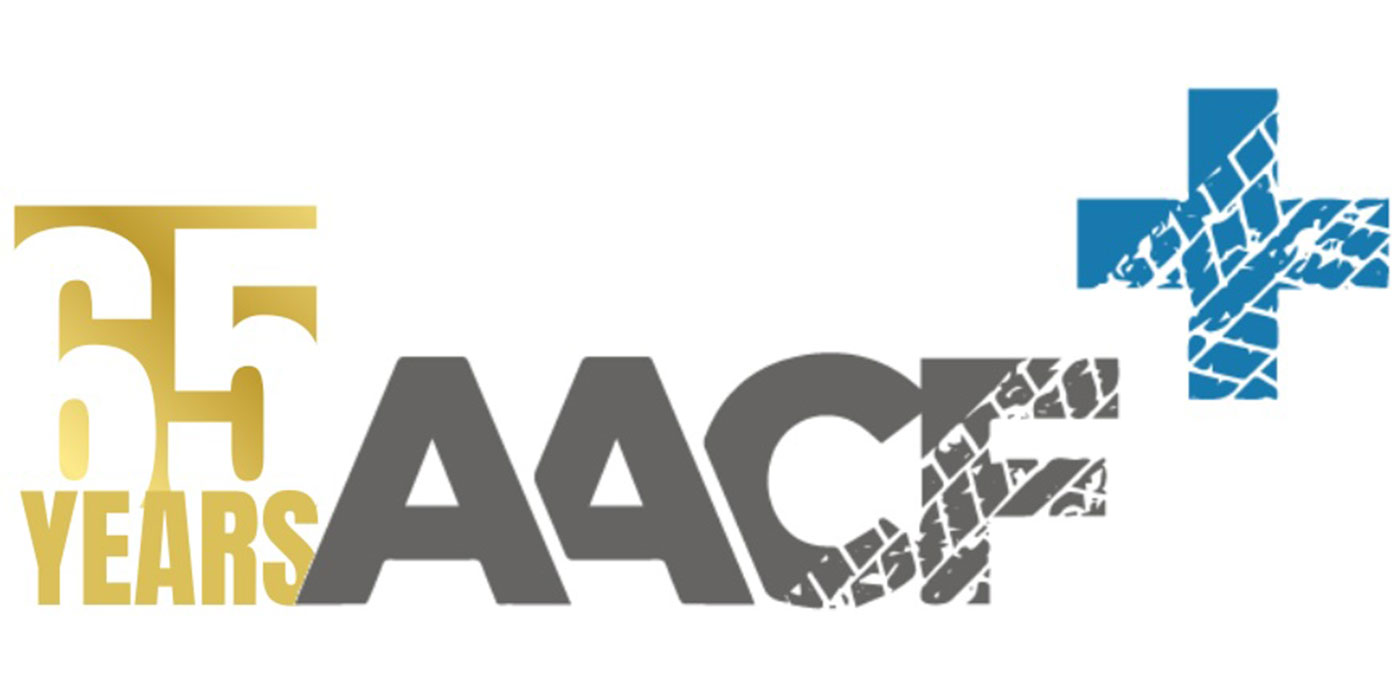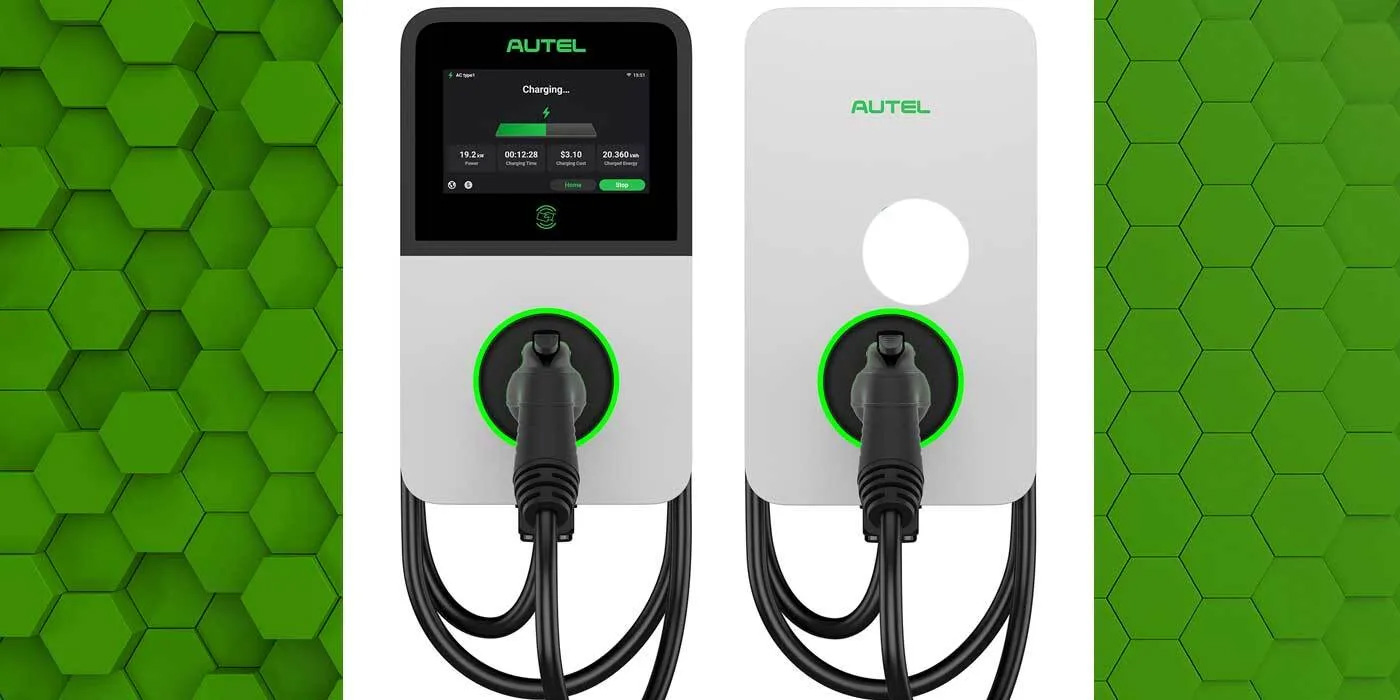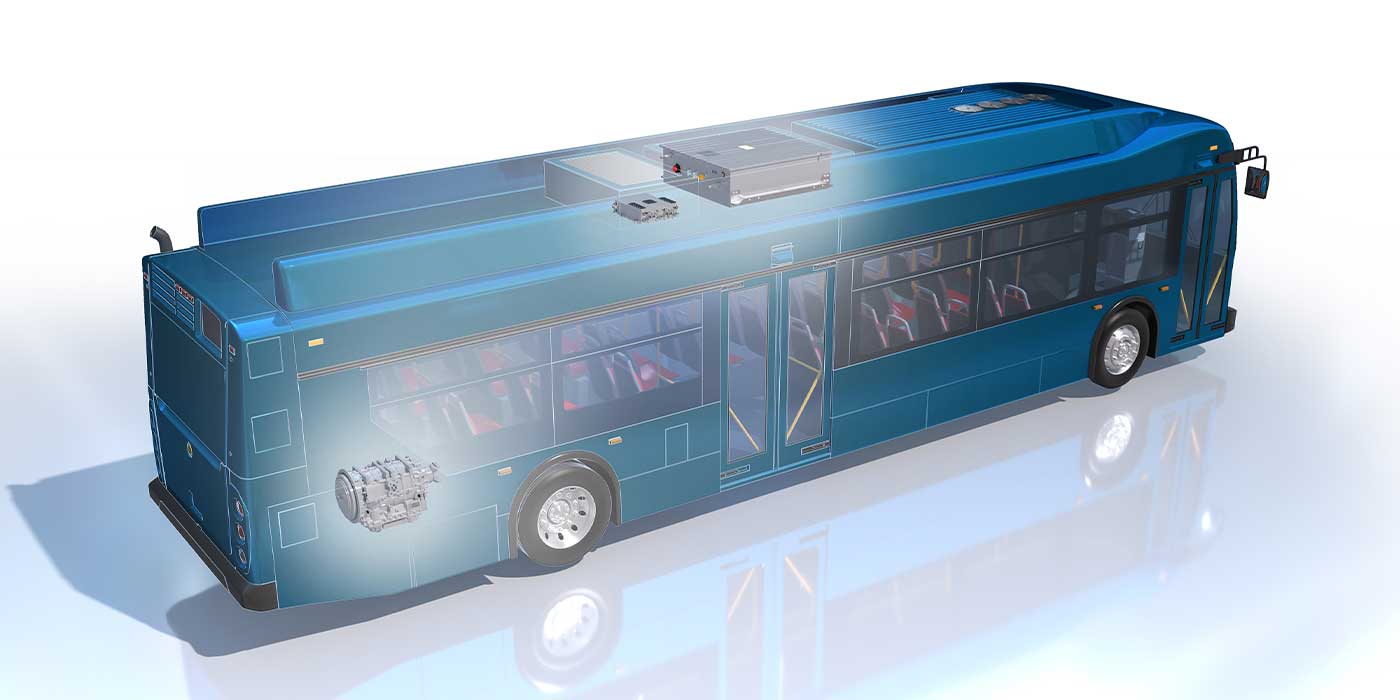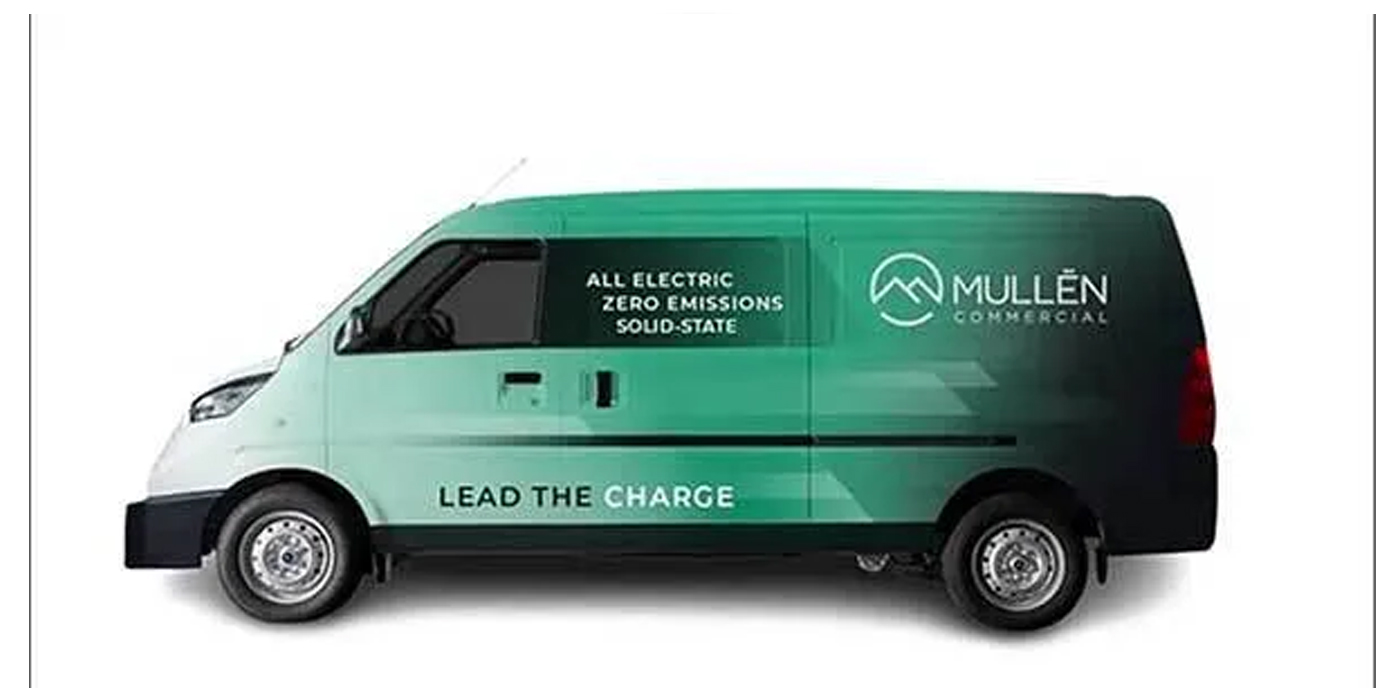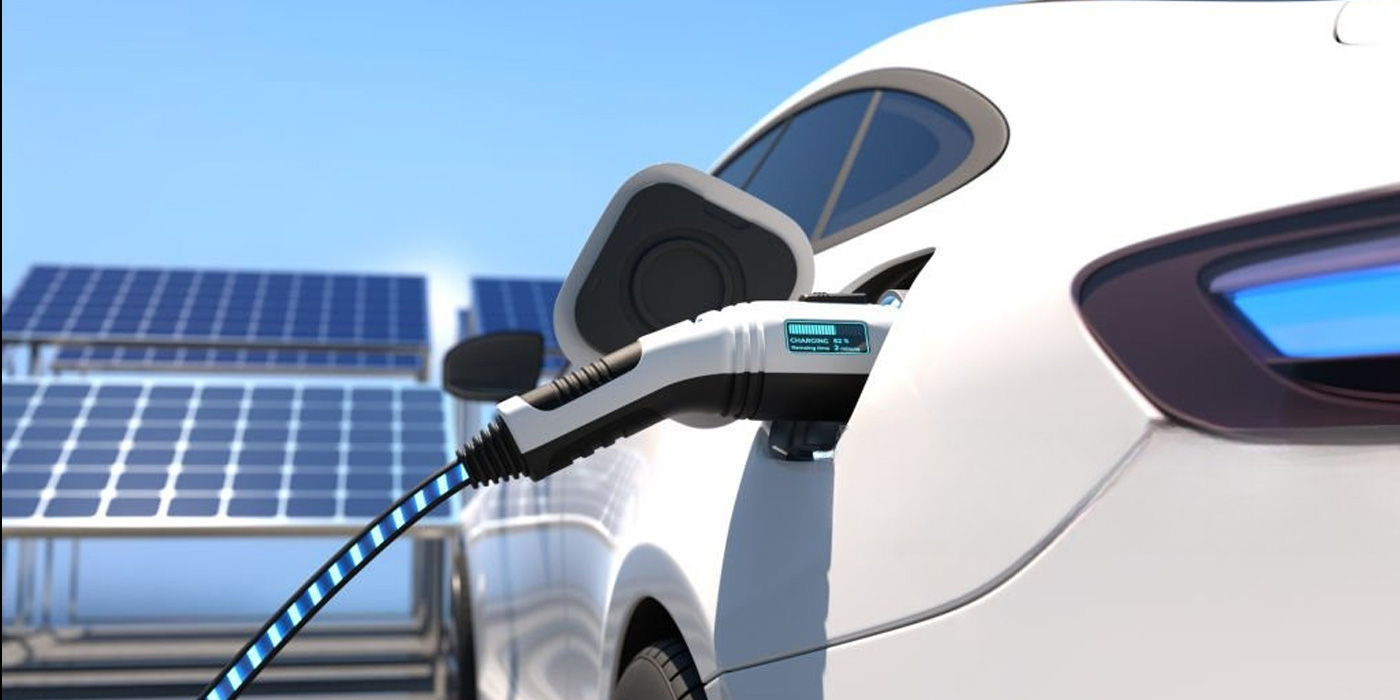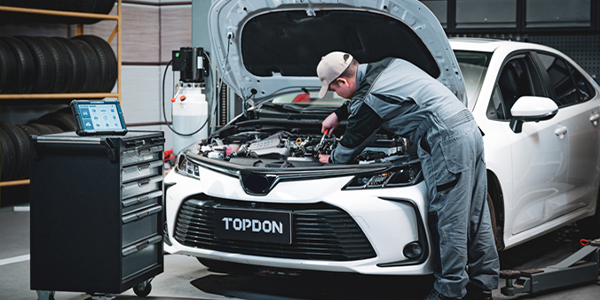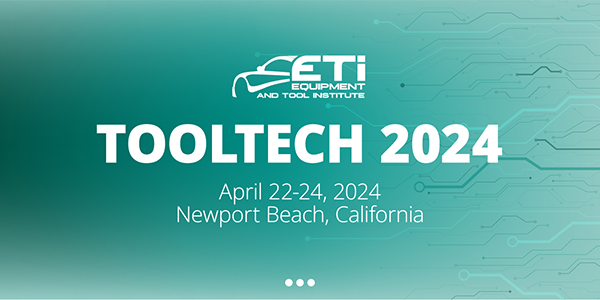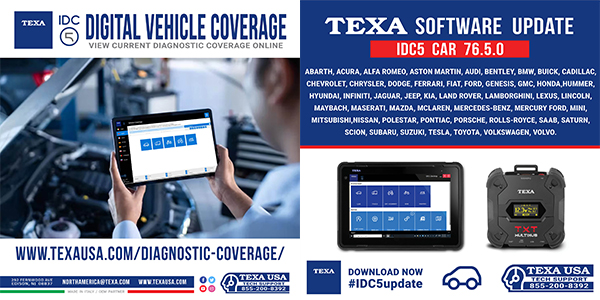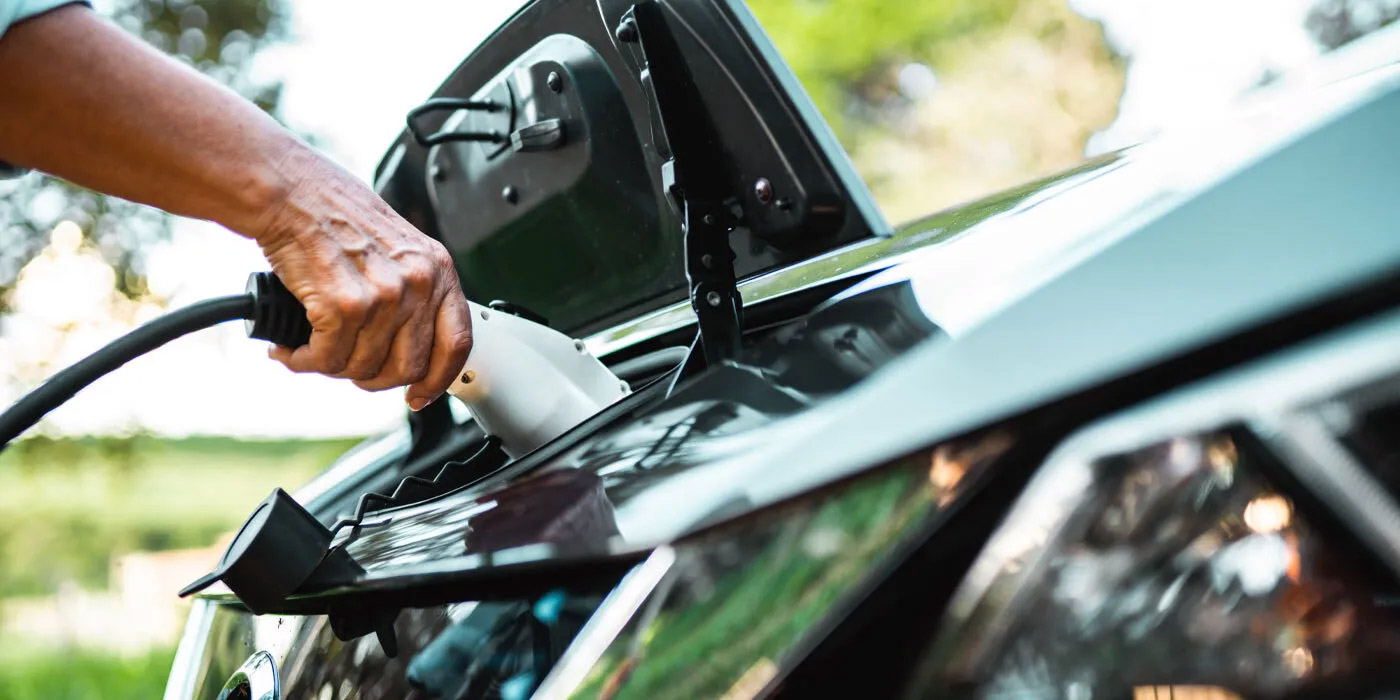Rapid detection of coolant-system leaks is now available for lithium-ion battery packs typically used in electric and hybrid-electric vehicles, according to researchers at INFICON, a leading supplier of automotive leak-detection systems.
Research conducted by INFICON shows that tracer-gas tests can help protect battery packs from potentially harmful coolant leaks. Company scientists have shown that standard industry tests need to be improved to help prevent fluid from entering battery-pack coolant circuits under typical operating pressures.
Temperatures in coolant circuits using water-glycol mixtures also increase during operation, which decreases viscosity and increases potential leak rates. In addition, the composition of battery packs, typically plastic, steel or aluminum, can affect leak rates through undiscovered leak channels.
Although current industry standards are useful for leak testing components under atmospheric conditions, industry guidelines have not been established for measuring leak rates for glycol- and refrigerant-based systems used in electric, hybrid electric and plug-in hybrid electric vehicles, according to Dr. Daniel Wetzig, head of leak-detection research at INFICON.
“More stringent leak-detection tests for electric-vehicle battery packs will further ensure quality, safety and performance during a battery pack’s life,” Dr. Wetzig says. “Even minute holes can cause coolant leaks, which in severe cases can short-circuit the electrical system or cause a fire.”
INFICON’s research findings are detailed in a 2022 SAE International paper titled, “Proposed Standards and Methods for Leak Testing Lithium-Ion Battery Packs Using Glycol-based Coolant with Empirically Derived Rejection Limits.” Dr. Wetzig co-authored the paper with Marc Blaufuss, an INFICON application engineer for leak-detection tools.
Lab tests conducted last year at INFICON’s facilities in Cologne, Germany, established that to safely protect against cooling-system leaks, specified leak rates need to be much lower than currently required. INFICON’s testing also determined that lower rates could be detected by tracer-gas testing with a high degree of confidence.
INFICON scientists used glass capillaries to simulate leak channels of various diameters. They also tested with various channel lengths and inlet-outlet pressures to confirm leak rates for capillaries with a diameter of 5-30 microns — barely larger than the diameter of a strand of spider web.
The INFICON tests used a variety of pressures to simulate typical battery-pack operation. Leak rates for coolant penetration through well-defined openings were correlated to helium leak rates by measuring gas flow through the same openings with a helium leak detector.
The company’s research confirms that gas-based test methods can be used to accurately detect potential leak channels in battery packs using a variety of housing materials, whether the cooling fluid is water or a water-glycol mixture and under a variety of temperatures and pressures. Similar tests also are effective for leak testing cooling channels in fuel-cell stacks.
INFICON offers a variety of gas-based leak-detection systems, including industry-first mass-spectrometer technology that enables testing of all types of lithium-ion battery cells and battery packs whether “dry” or filled with electrolytes. Gas-based systems provide quantifiable and repeatable results with extremely high sensitivity rates.
Laboratory tests demonstrate the accuracy and effectiveness of INFICON’s gas-based leak-detection systems, according to Thomas Parker, the company’s North American automotive sales manager. He notes that INFICON customers already are conducting validation tests for gas-based leak-detection systems on production lines.
“Our research and customer studies provide hard data and scientific proof that gas-based leak detection is needed to ensure safety, lower warranty costs and maintain high levels of customer satisfaction,” Parker adds. “Using INFICON equipment with such high sensitivity rates will ensure batteries and their assembled packs operate as intended, help increase consumer confidence in EVs and drive growth in coming years.”
A print or digital copy of INFICON’s SAE Paper (2022-01-0716) is available from SAE for $33. There is an 18 percent discount for SAE members.

